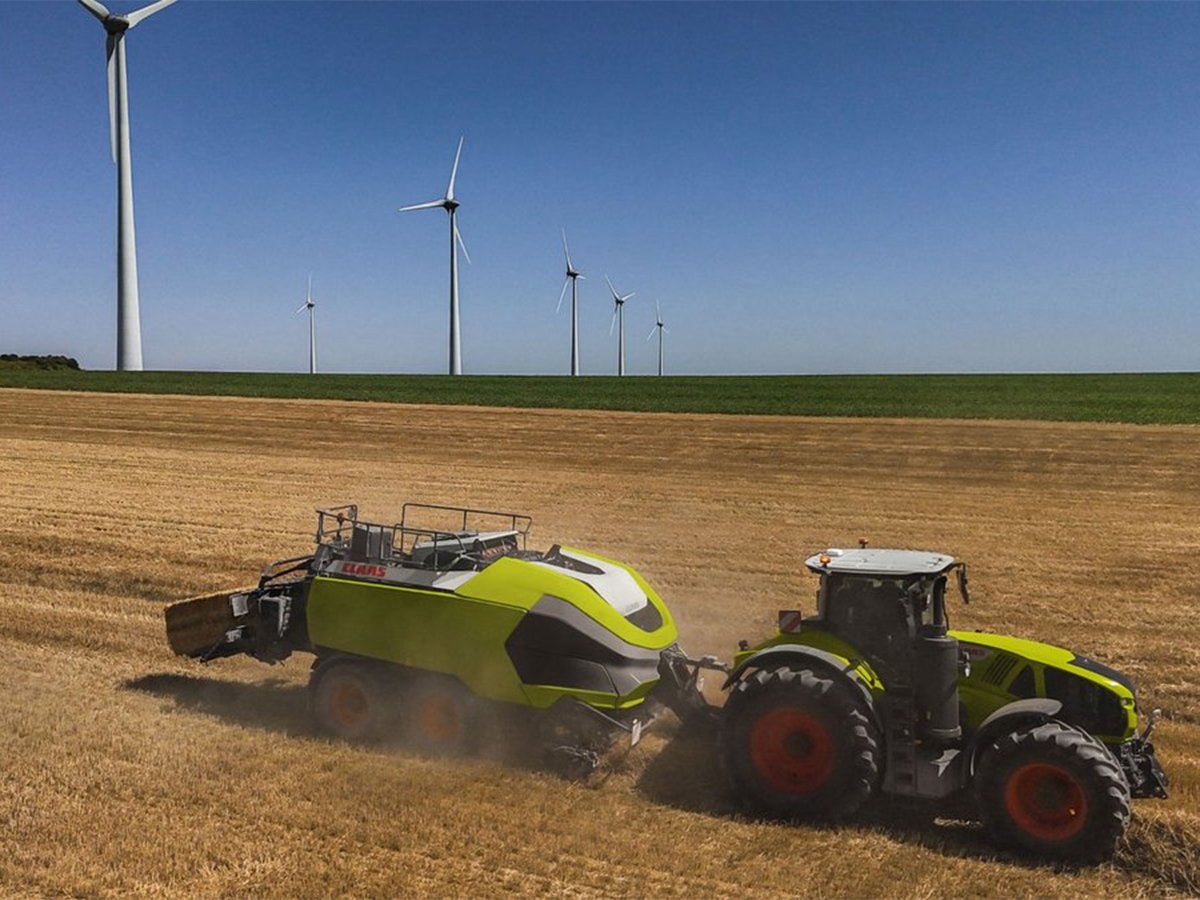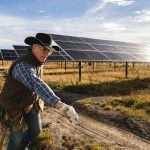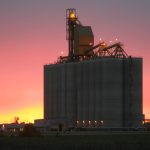LETHBRIDGE – Some families consider a discussion about who gets the farm more inappropriate than talking politics or religion at the dinner table.
Yet few older farmers have wills or succession plans, which can produce resentments that may never be repaired once the elder generation dies.
“Machines can get broken and fixed, but it is a lot tougher issue when family relationships get broken so badly that you lose the farm and the farm splits off or there is no succession and another family leaves the community because they just couldn’t make it work,” said Elaine Froese, who coaches families on intergenerational transfer.
Read Also

Machinery automation runs through 2025 Agritechnica innovation awards
Computer vision and AI processing for farm machinery show up many times in Agritechnica’s 2025 innovation award winners.
The Manitoba consultant told a recent Alberta poultry producers annual meeting that consulting experts such as lawyers and financial planners is an important step. For plans to succeed, open communication is necessary among farming and nonfarming family members.
“The biggest thing that young farmers want and women that have been married for 50 years is, ‘when do I get what I want?’ ” Froese said.
However, it is often difficult for the older farmers to talk about the end of their careers. The father may fear his children will fail and the mother fears she will no longer be needed.
Other parents are controlling and do not want to talk about the business or share decisions with children.
It is also important to set aside emotions and animosities.
“If you don’t like your daughter-in-law, get rid of that negative filter. She is the future mother of your grandchildren. She is also married to your son and she is worth half the farm,” Froese said.
Planning should start long before an actual retirement date is considered.
“Today is the day you start culturing that next generation of kids on your farms,” she said.















